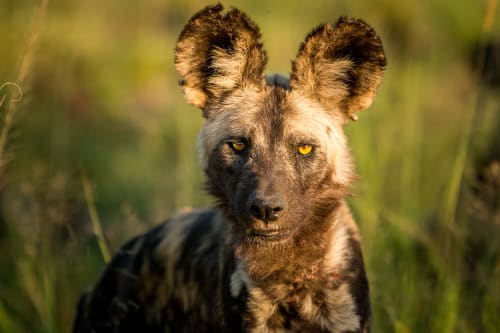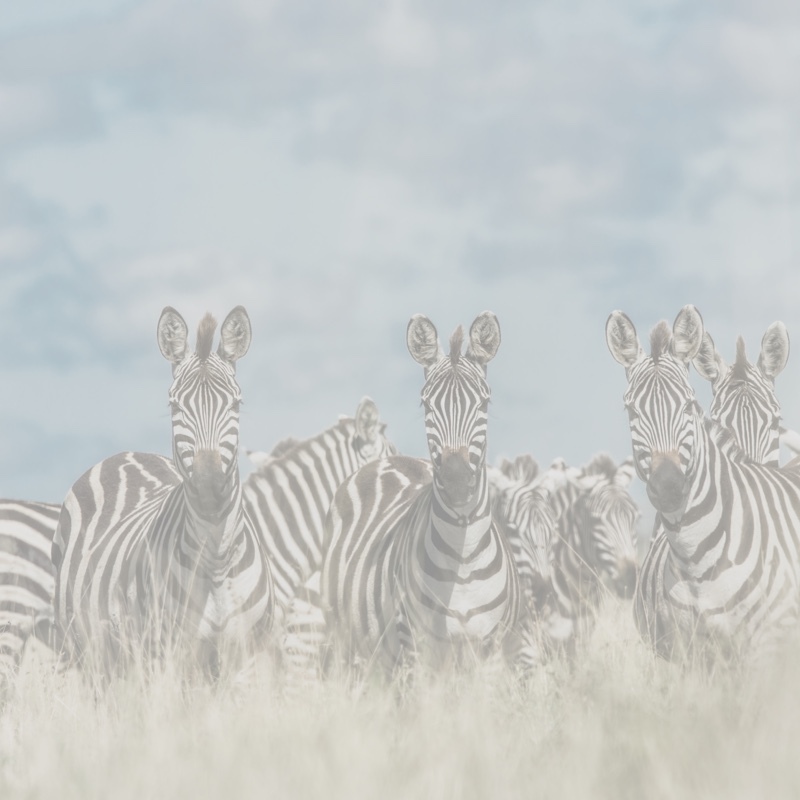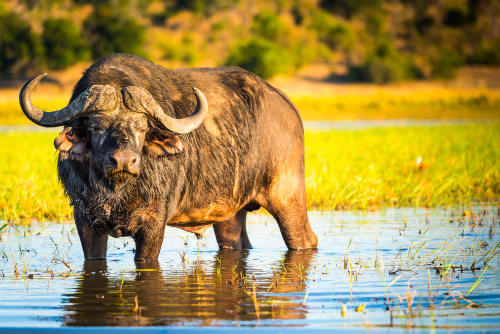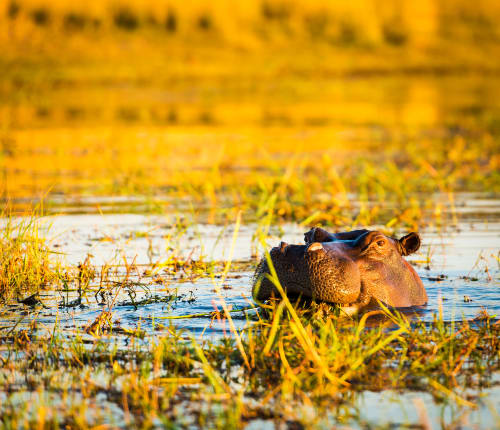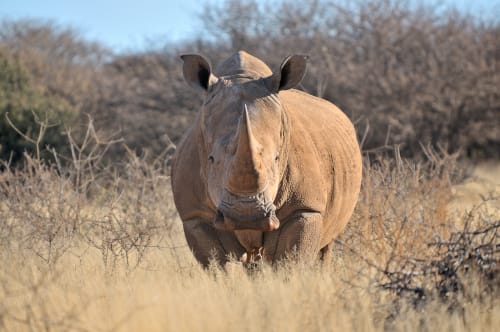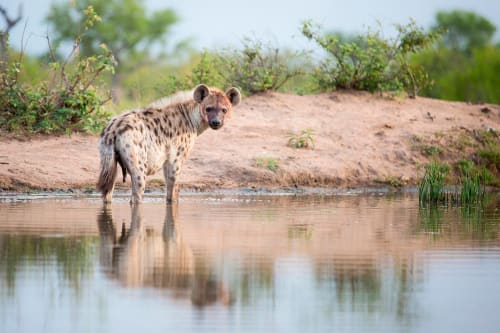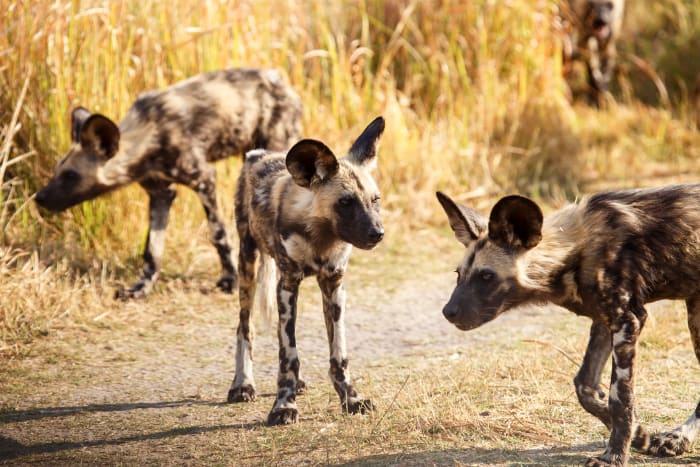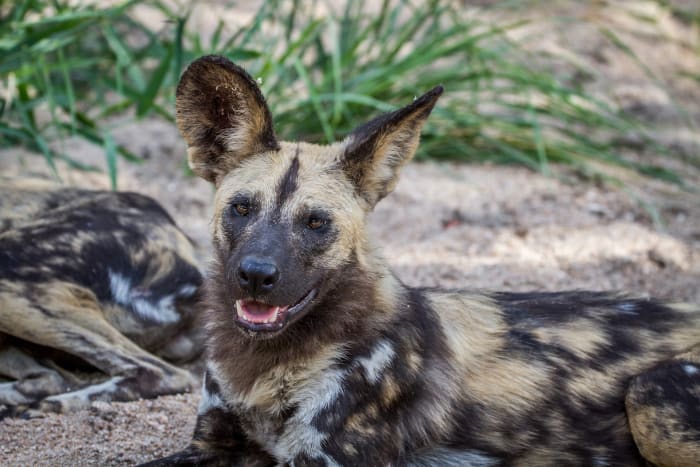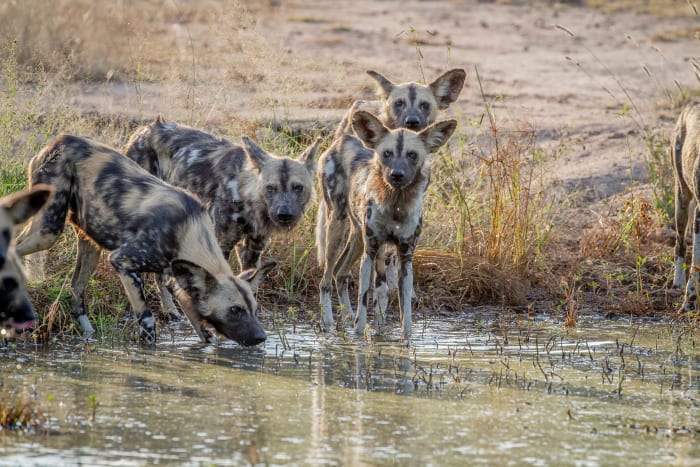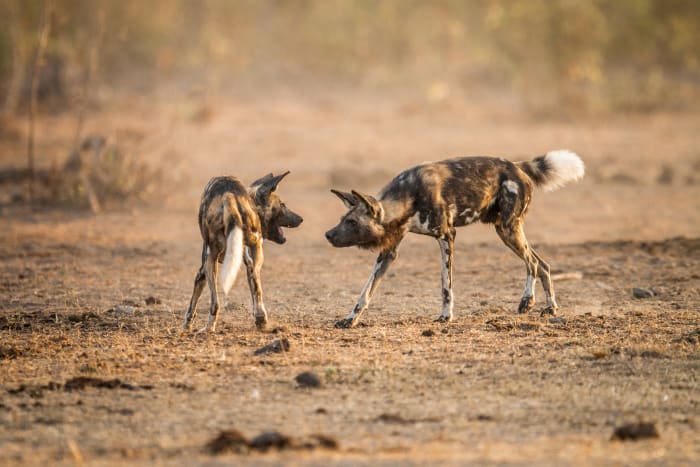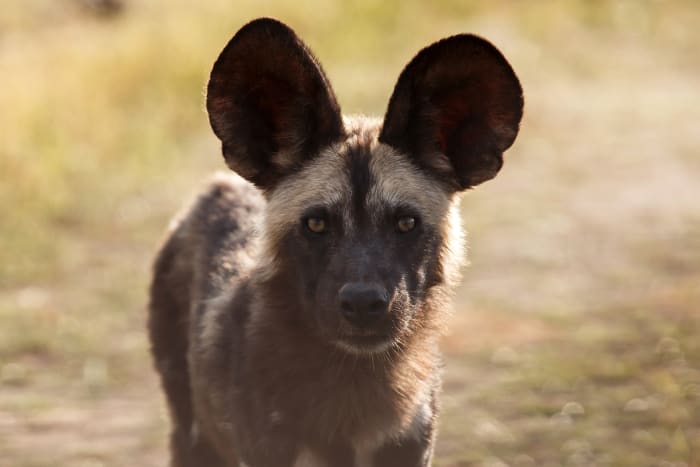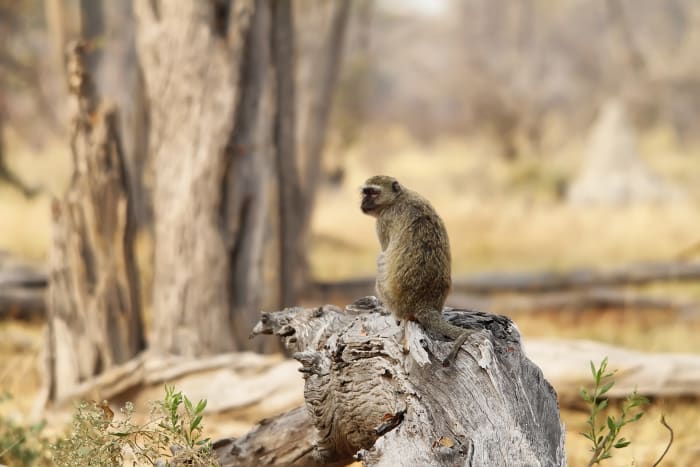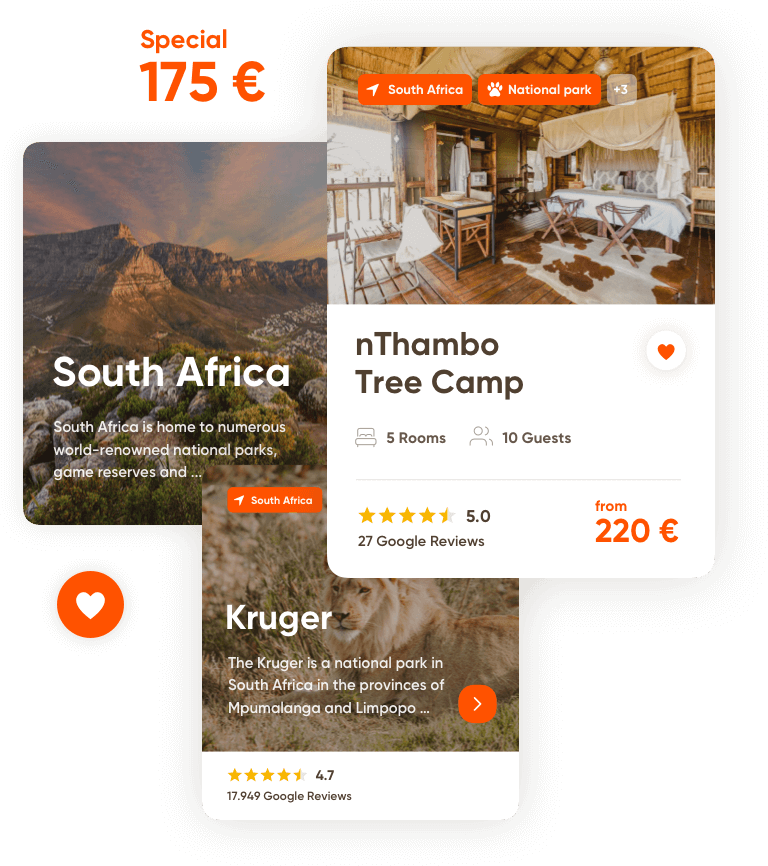The Lake Nakuru is a National Park in Kenya in the provinces of Kibaha. The park was established on 01.01.1967 and covers an area of 0.188 km². The Lake Nakuru offers the possibility of self-drive safaris.
The national park is located about 160 km northwest of the capital Nairobi. With about 200,000 visitors a year, it has the second largest number of visitors after the Masai Mara and is one of the most popular parks in Kenya. The main focus of the park is the large, shallow lake, which is home to impressive birdlife, including large flocks of pelicans and flamingos. The lake was once famous for its flocks of flamingos, but since 2012 conditions have become unfavourable for the birds and most have moved to other Rift Valley lakes.
